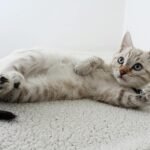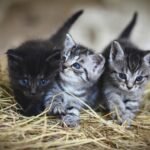Understanding your cat’s emotional well-being can be as complex as unraveling a mystery novel. Cats, with their enigmatic behavior and independent nature, often leave us guessing about their feelings. However, just like humans, they experience a range of emotions and need their emotional needs met to lead a happy life. Recognizing the signs of an emotionally fulfilled cat can bring about a stronger bond between you and your feline friend. Here’s how you can decipher the clues that your cat is content and emotionally satisfied.
Contentment in Purring
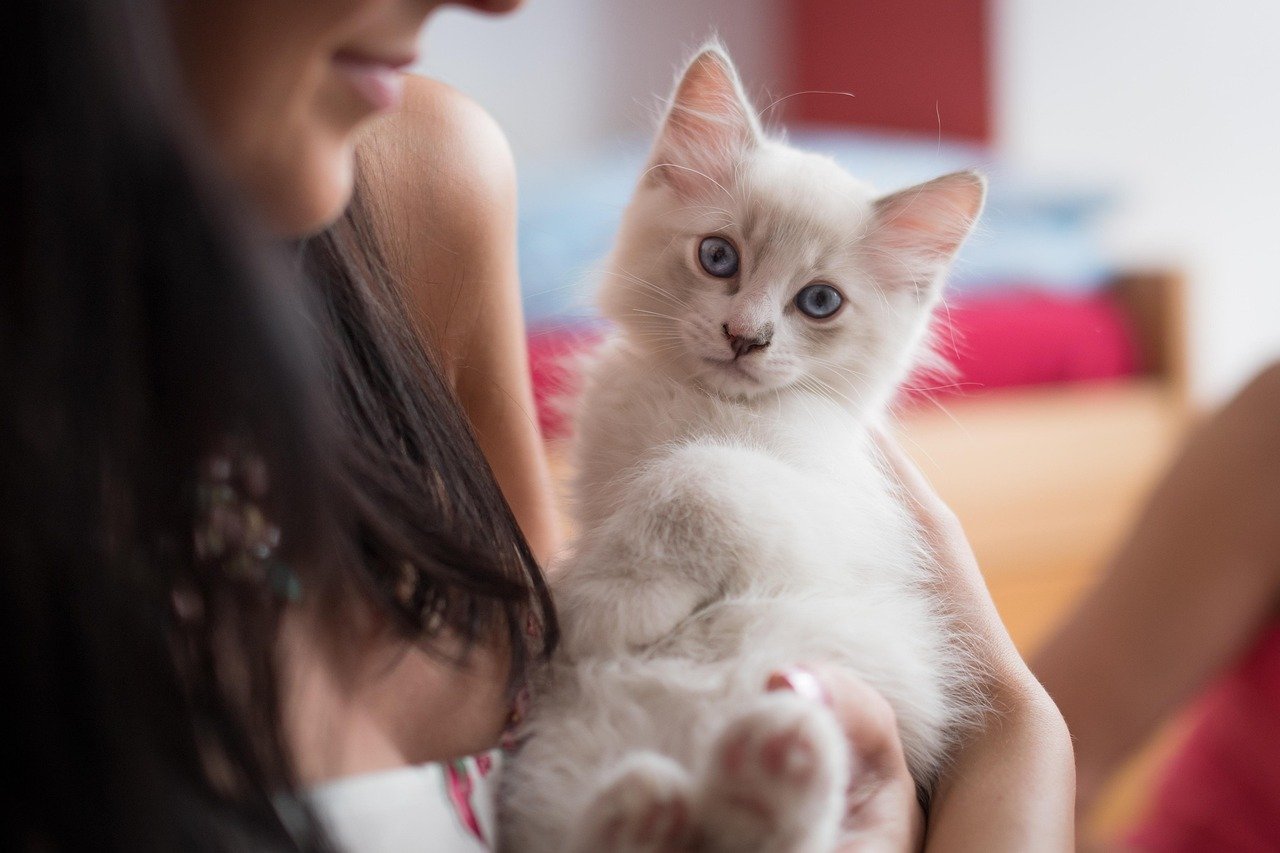
Purring is one of the most common signs of a happy cat. While cats can purr for various reasons, a cat that purrs while relaxed is usually content. Imagine it as a cat’s version of a human humming a favorite tune when in a good mood. The rhythm and softness of the purr often indicate a sense of safety and satisfaction. If your cat purrs in your presence, it likely feels emotionally secure and fulfilled.
Engaging in Play
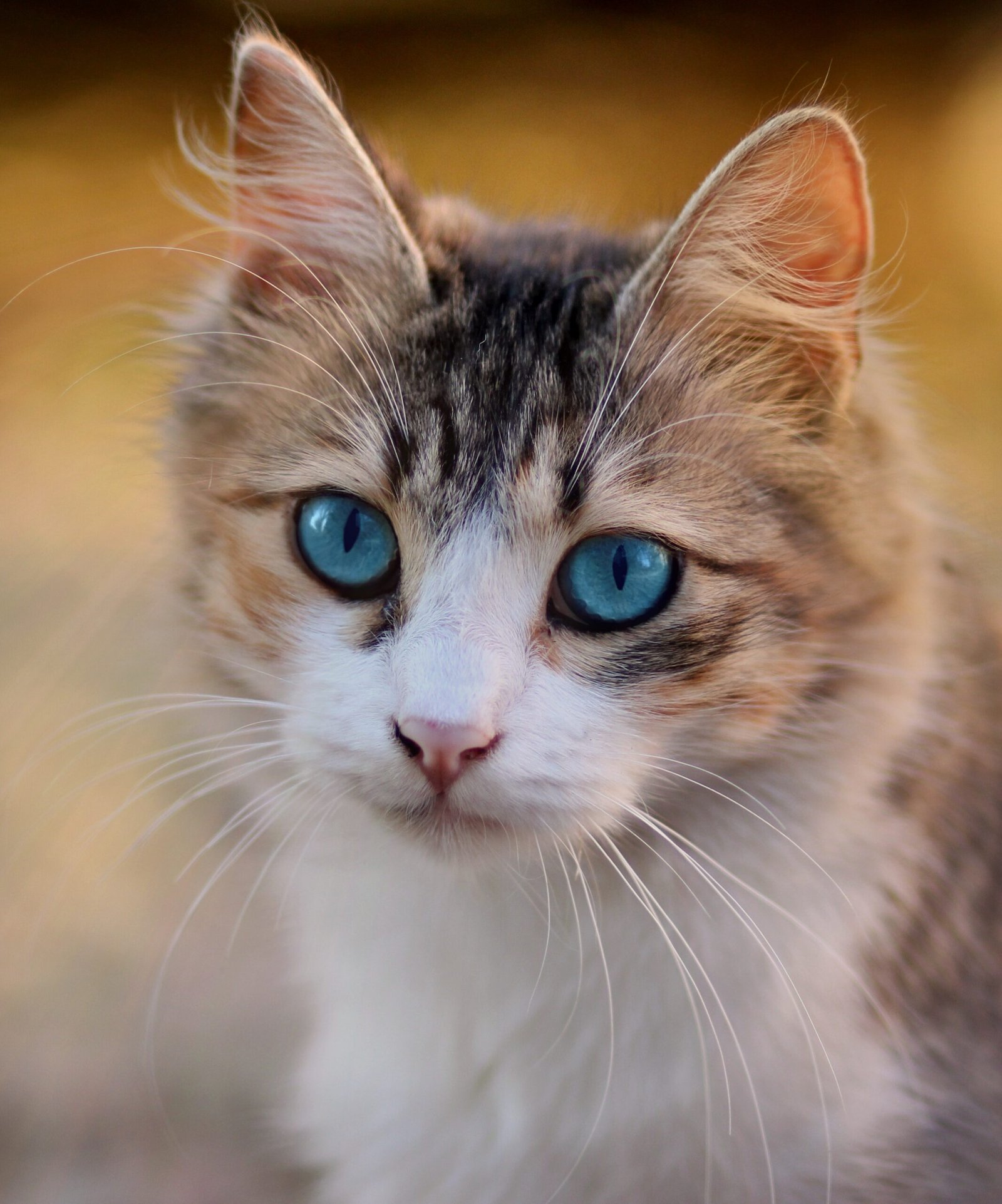
A cat that regularly engages in play is typically a happy one. Playtime is not just a physical activity but a mental stimulation that fulfills a cat’s natural hunting instincts. When your cat actively seeks out toys or engages in playful antics, it is expressing emotional well-being. Consider playtime as a cat’s way of expressing joy and contentment, similar to children laughing while playing on a playground.
Healthy Grooming Habits
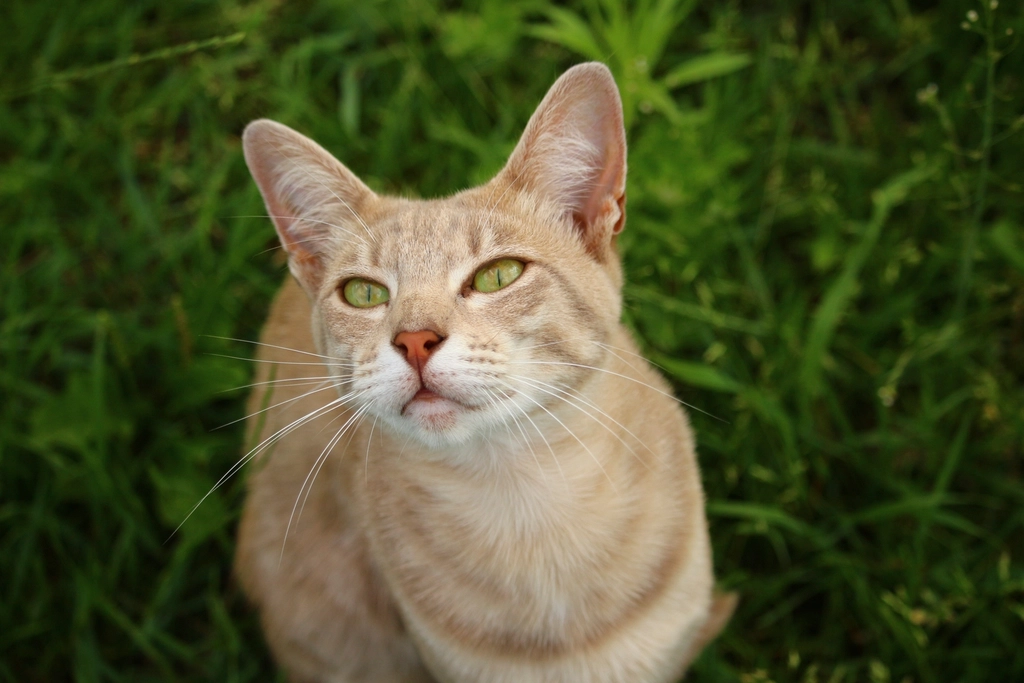
Cats are meticulous creatures when it comes to grooming. A well-groomed cat is often a sign of an emotionally stable feline. Regular grooming indicates that your cat feels good about itself and its environment. Conversely, neglect in grooming can be a red flag for stress or health issues. Just as humans take care of their appearance when feeling good, cats are no different.
Social Interaction with Humans
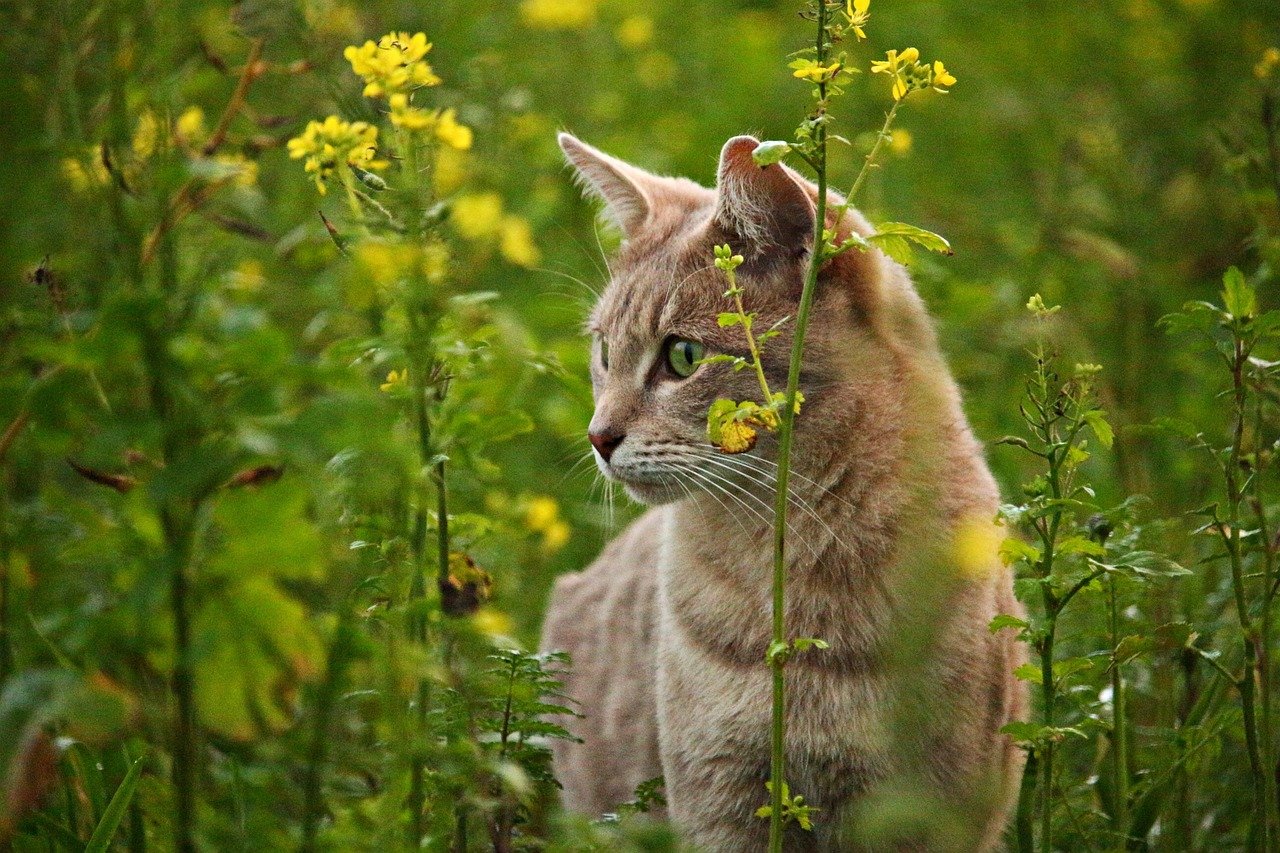
Cats that seek out social interaction with their human companions are generally content. If your cat follows you around, sits on your lap, or enjoys being petted, it shows a level of trust and happiness. This behavior is akin to a child seeking a parent’s attention and affection. Such interactions are a strong indicator of emotional fulfillment in cats.
Vocal Communication
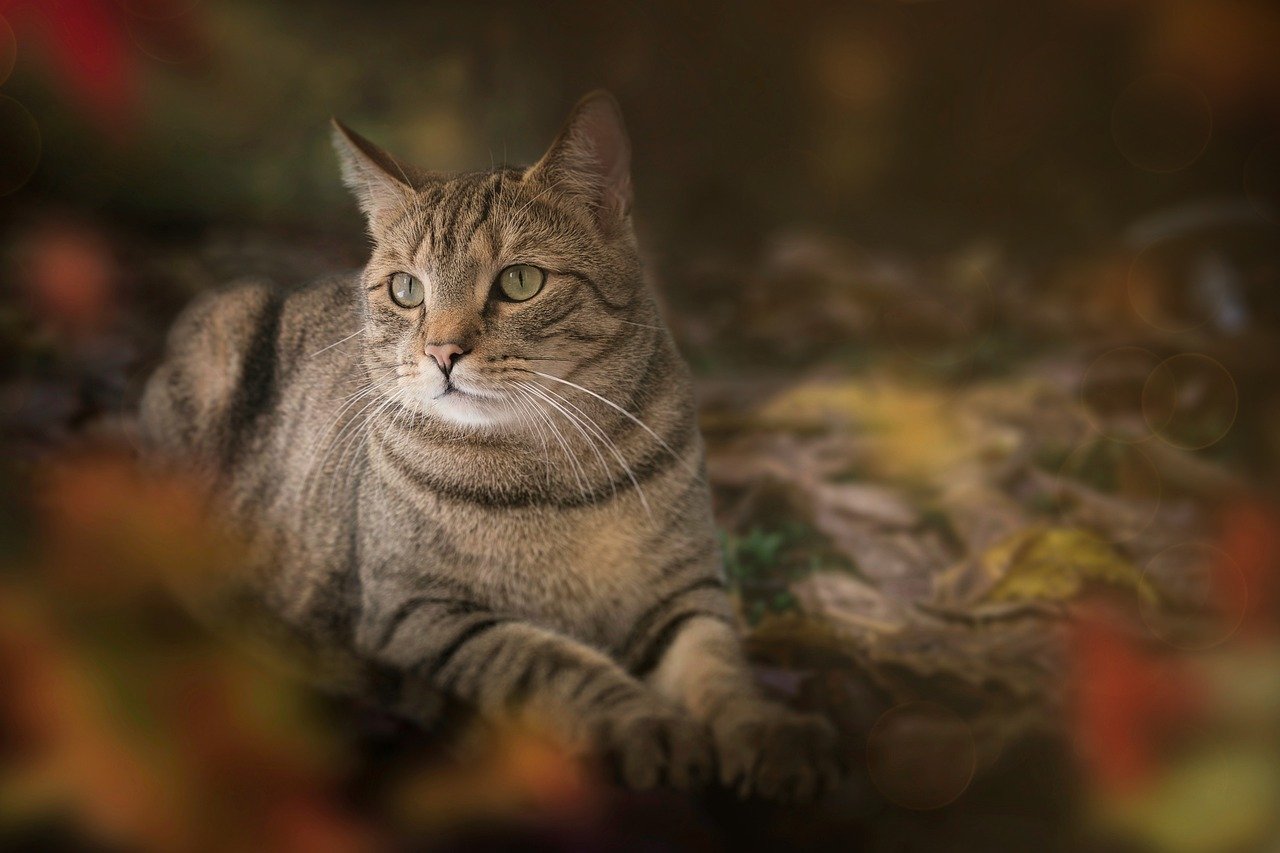
A talkative cat can be a sign of a happy cat. Cats have a variety of vocalizations, and while some can be cries for attention, others are expressions of contentment. A cat that chirps, trills, or meows in a soft manner is likely trying to communicate its satisfaction. These sounds can be viewed as a cat’s way of expressing its emotions and a cue to its emotional state.
Relaxed Body Language
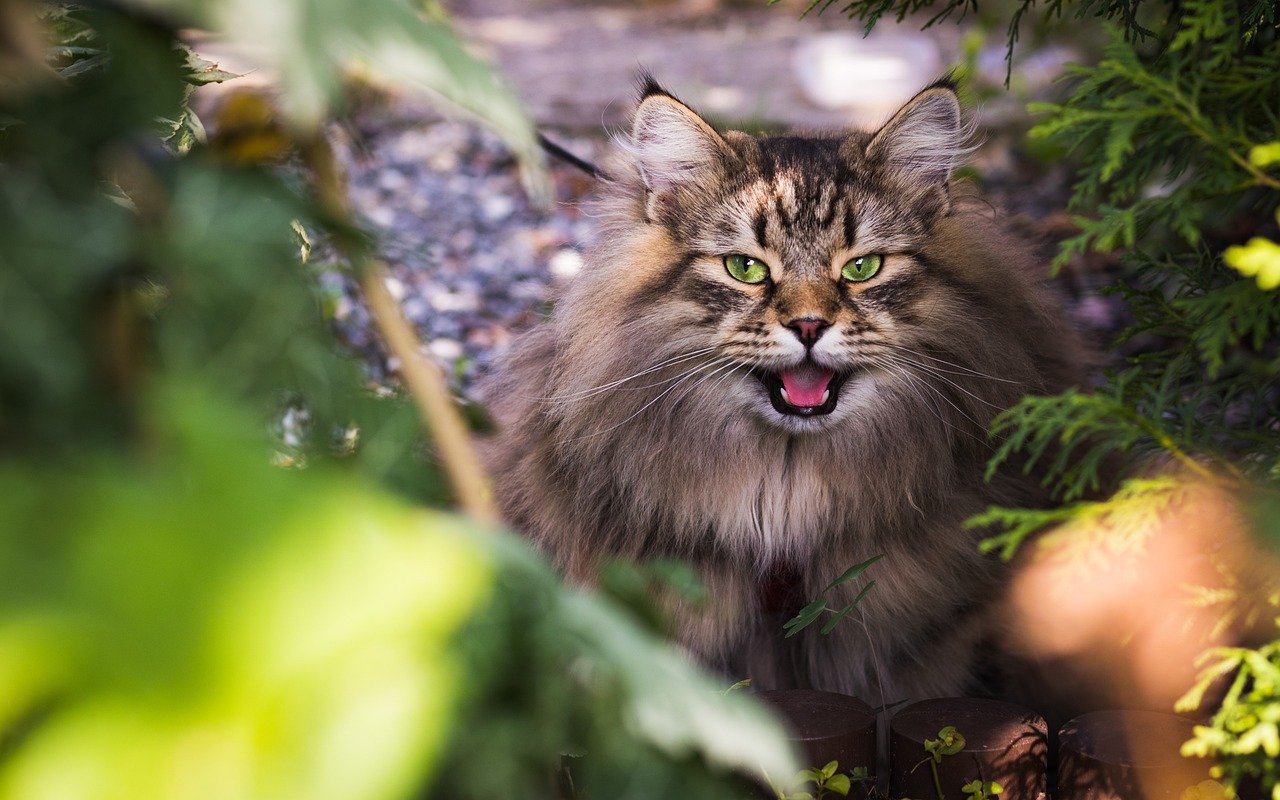
Body language speaks volumes about a cat’s emotional state. A cat that lounges with its belly exposed, tail relaxed, and eyes half-closed is typically in a state of bliss. Such body language signifies trust and comfort. Think of it as a cat’s version of humans putting their feet up after a long day—it’s a sign of relaxation and happiness.
Appetite and Eating Habits
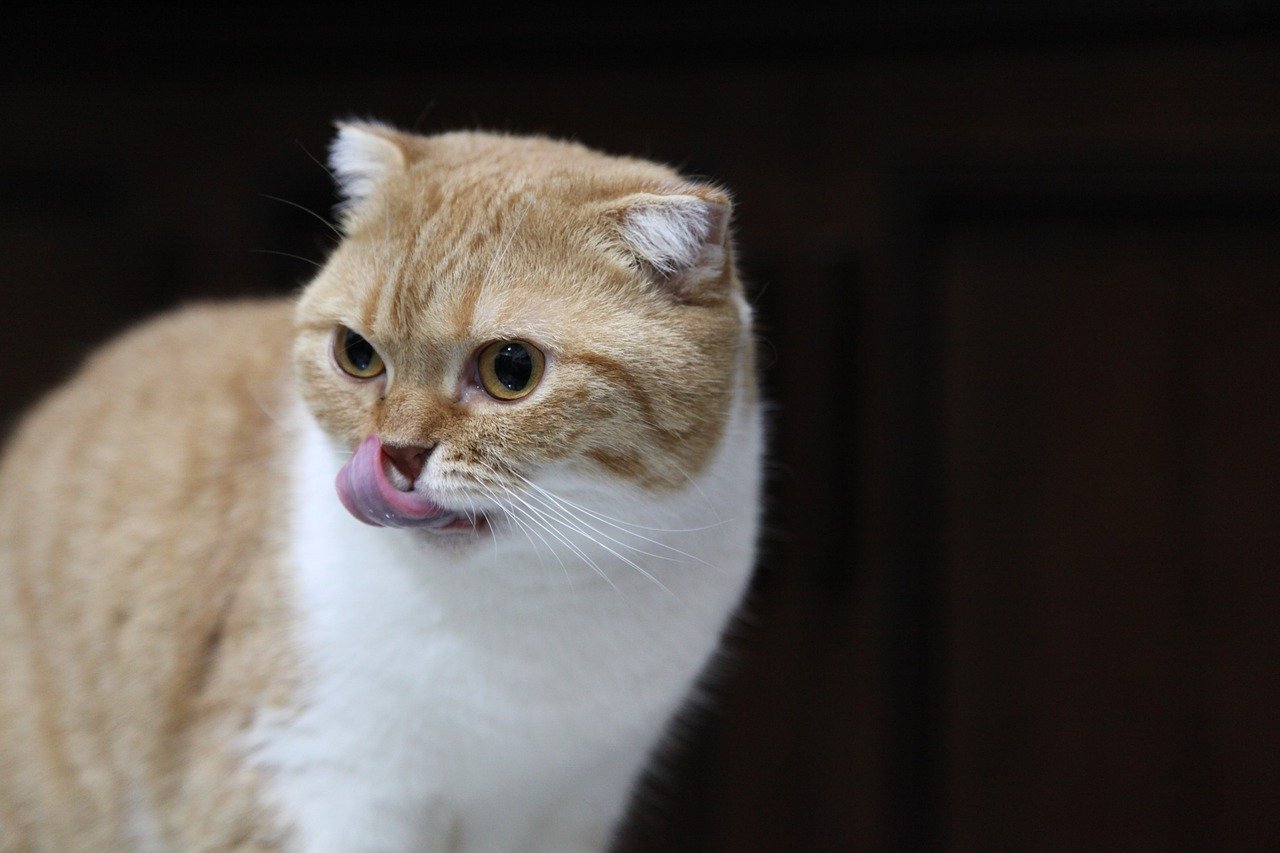
A healthy appetite is often a sign of a happy cat. Cats that eat regularly and with enthusiasm are generally emotionally fulfilled. Eating habits can reflect a cat’s overall well-being, much like how humans eat better when they feel good. Changes in eating patterns might indicate stress or discomfort, so regular appetite is a positive sign.
Curiosity and Exploration
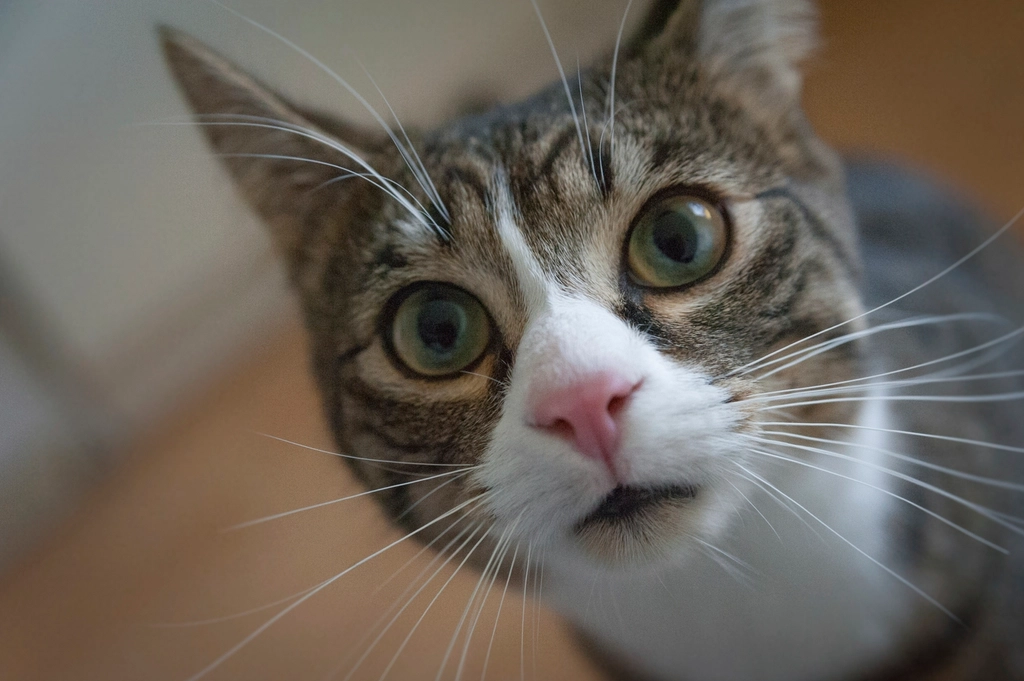
Curiosity is a natural trait in cats, and a cat that explores its environment is often a content one. Whether it’s investigating a new object or climbing onto a new perch, exploration is a sign of a mentally stimulated and fulfilled cat. Curiosity in cats is similar to human wanderlust—a desire to explore and experience new things.
Consistency in Litter Box Use
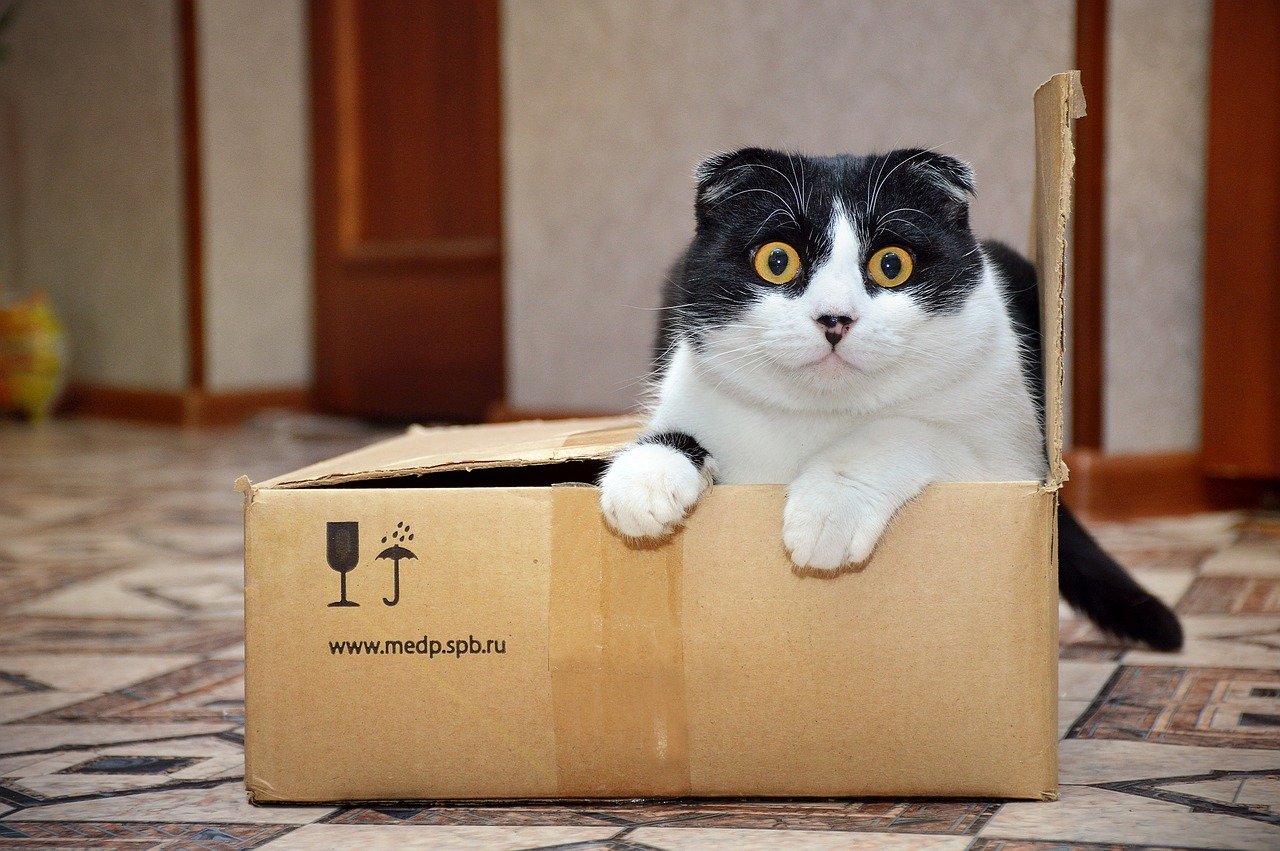
A cat that consistently uses its litter box is usually emotionally stable. This behavior indicates that the cat feels comfortable and secure in its environment. Any deviation from this can signal stress or dissatisfaction. Just as humans prefer routine in their daily lives, cats appreciate the predictability of a clean, familiar space.
Positive Interaction with Other Pets
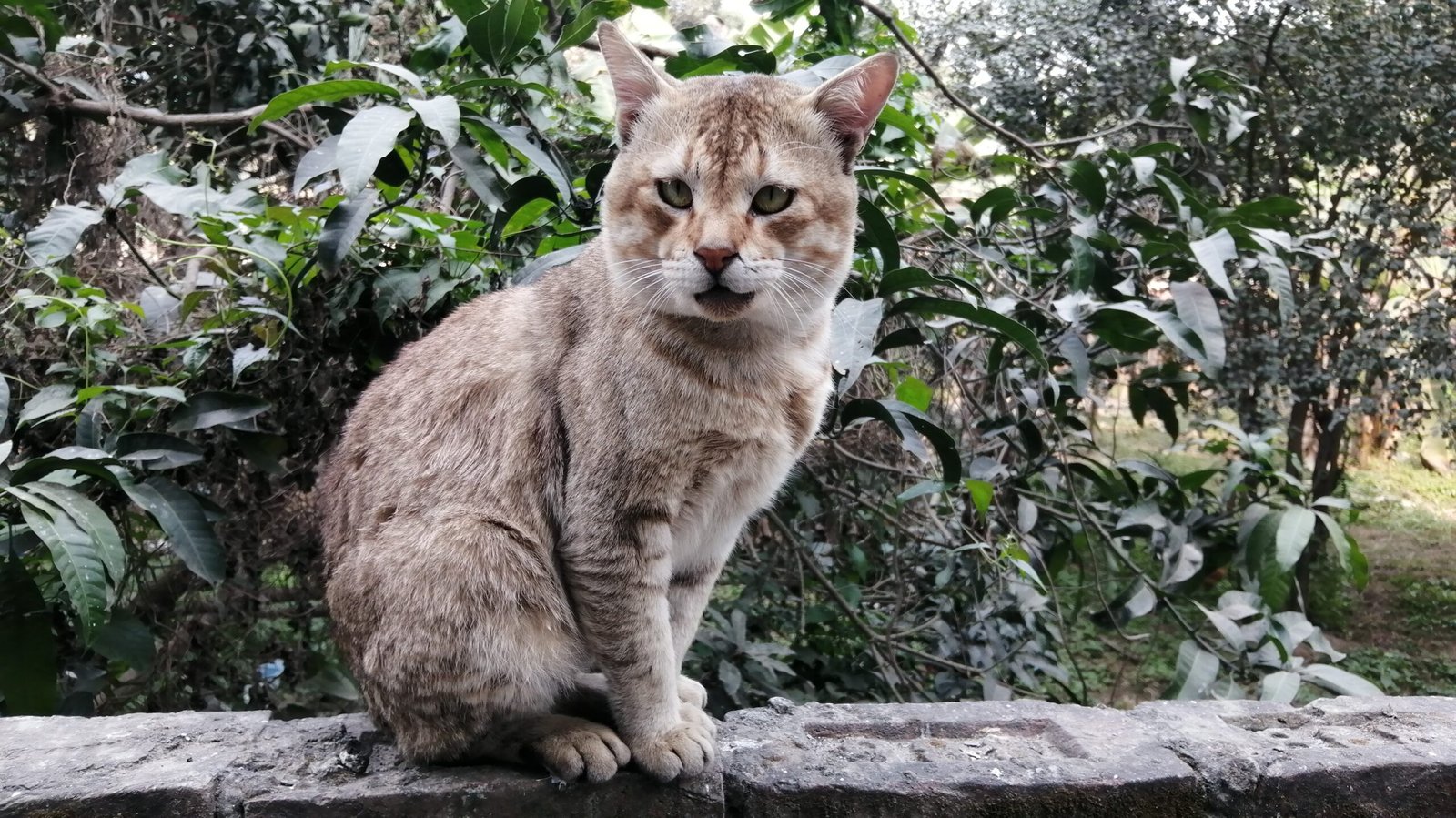
If your cat gets along well with other pets in the household, it is a sign of emotional fulfillment. Cats that play or rest comfortably with other animals are typically happy. This behavior indicates social contentment, much like how humans enjoy the company of friends and family. Observing how your cat interacts with other pets can provide insights into its emotional state.
Sleeping Patterns
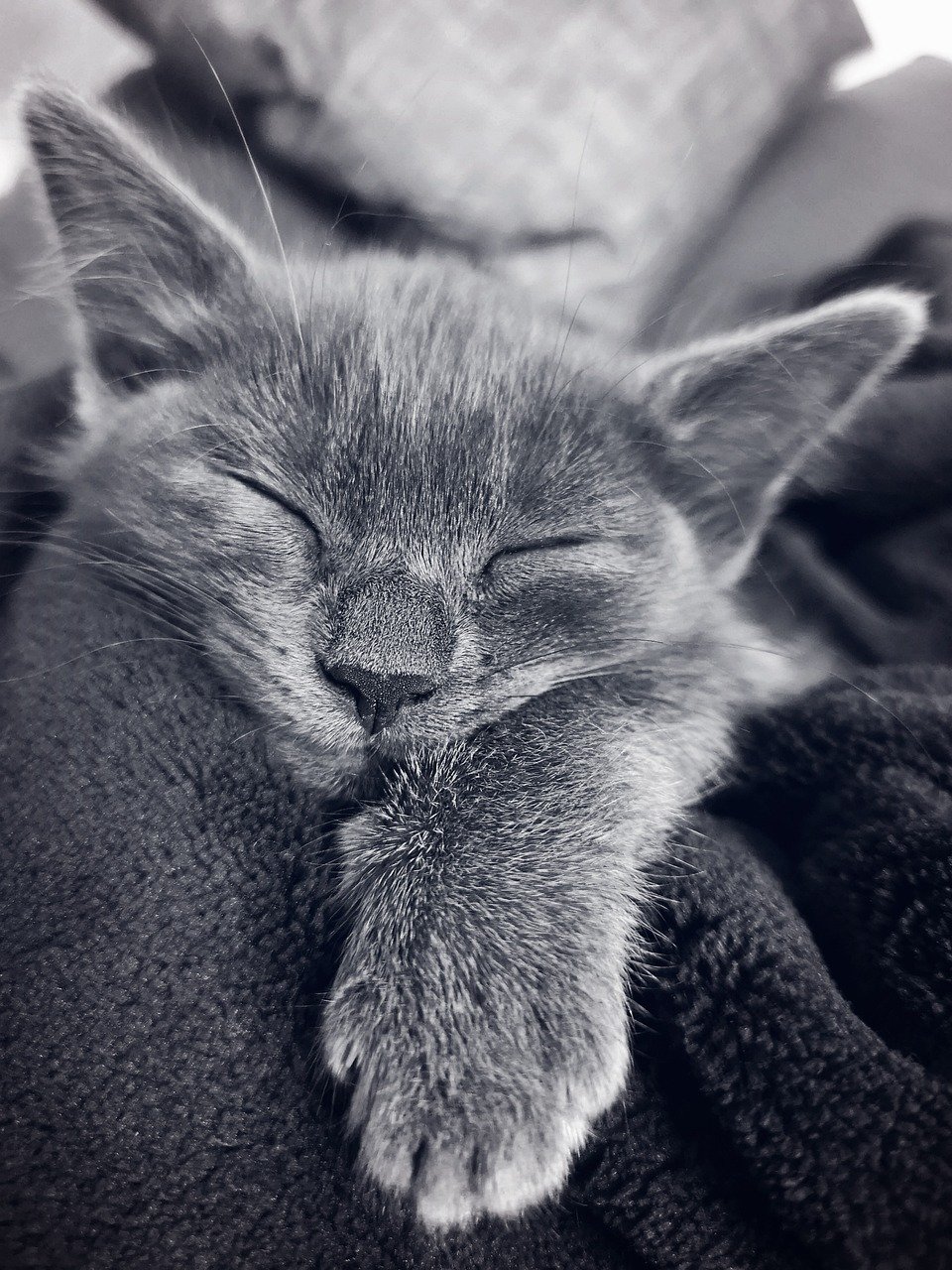
Cats that sleep soundly and in varied positions are usually content. A happy cat will sleep in positions that expose its vulnerability, such as on its back. This trust in its environment is a reflection of emotional satisfaction. Consider a cat’s sleep as a mirror to its emotional landscape, where a peaceful sleep denotes happiness.
Expressing Affection
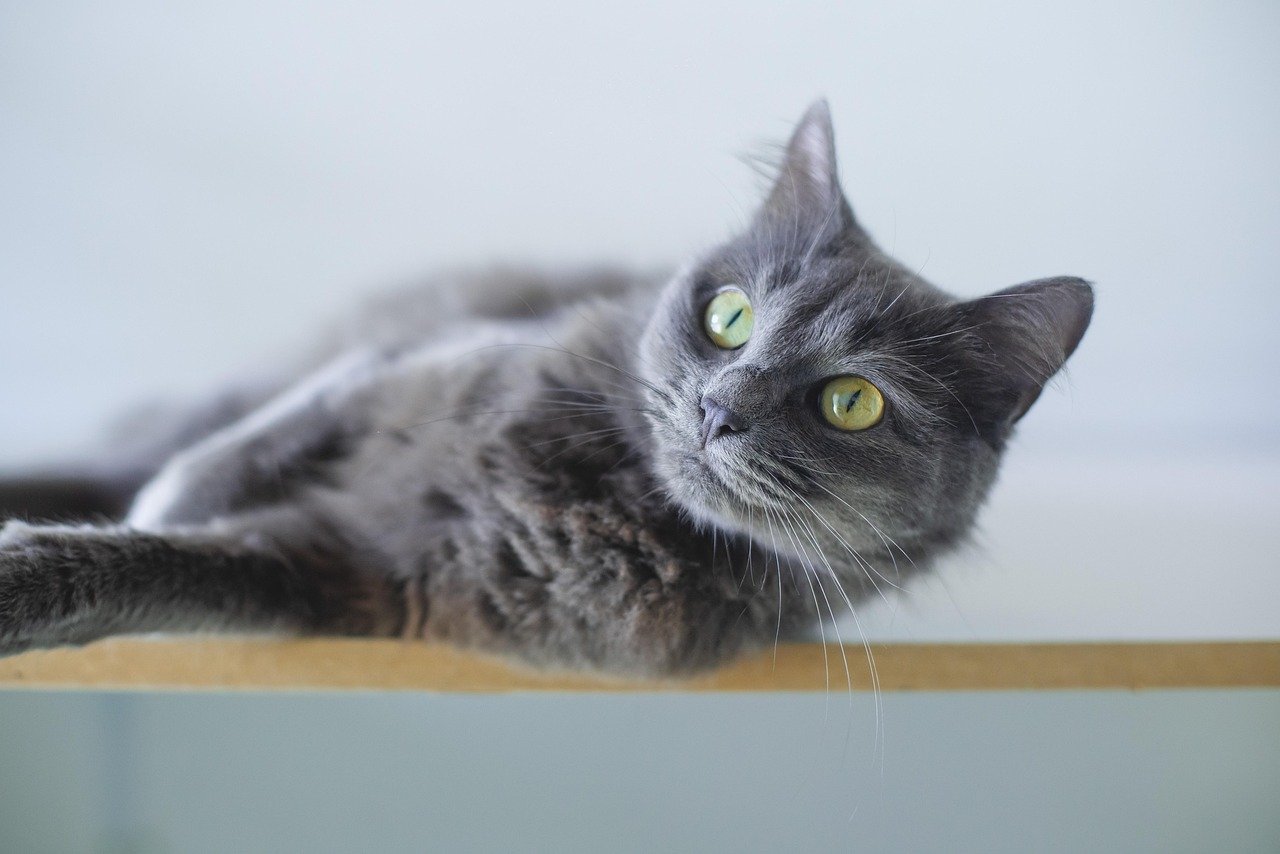
Cats that show affection by head-butting or kneading are expressing love and trust. These behaviors are often signs of emotional fulfillment. When a cat kneads, it’s reminiscent of kittenhood and nursing, a comforting behavior. This is akin to humans hugging or showing affection to those they care about.
Minimal Aggression
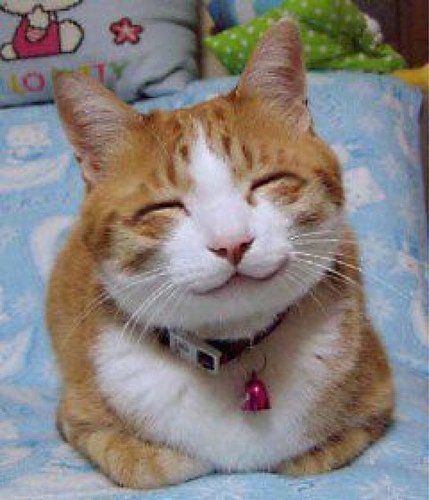
A cat that seldom shows aggression is generally happy. While occasional hisses or swats can occur, frequent aggression may suggest underlying issues. A calm and gentle demeanor indicates a cat that feels emotionally secure. Much like humans, a peaceful disposition in cats reflects emotional stability.
Following a Routine
Cats appreciate routine, and a cat that follows its daily schedule is typically content. Whether it’s meal times or playtimes, a predictable routine brings comfort to a cat. This behavior is similar to humans enjoying the regularity and predictability of their daily lives.
Showing Interest in Environment
A cat that watches birds through the window or pays attention to household activities is emotionally engaged. This interest in its surroundings is a sign of mental stimulation and fulfillment. Just like humans who enjoy observing their environment, cats show their contentment through their curiosity.
Tail Positioning
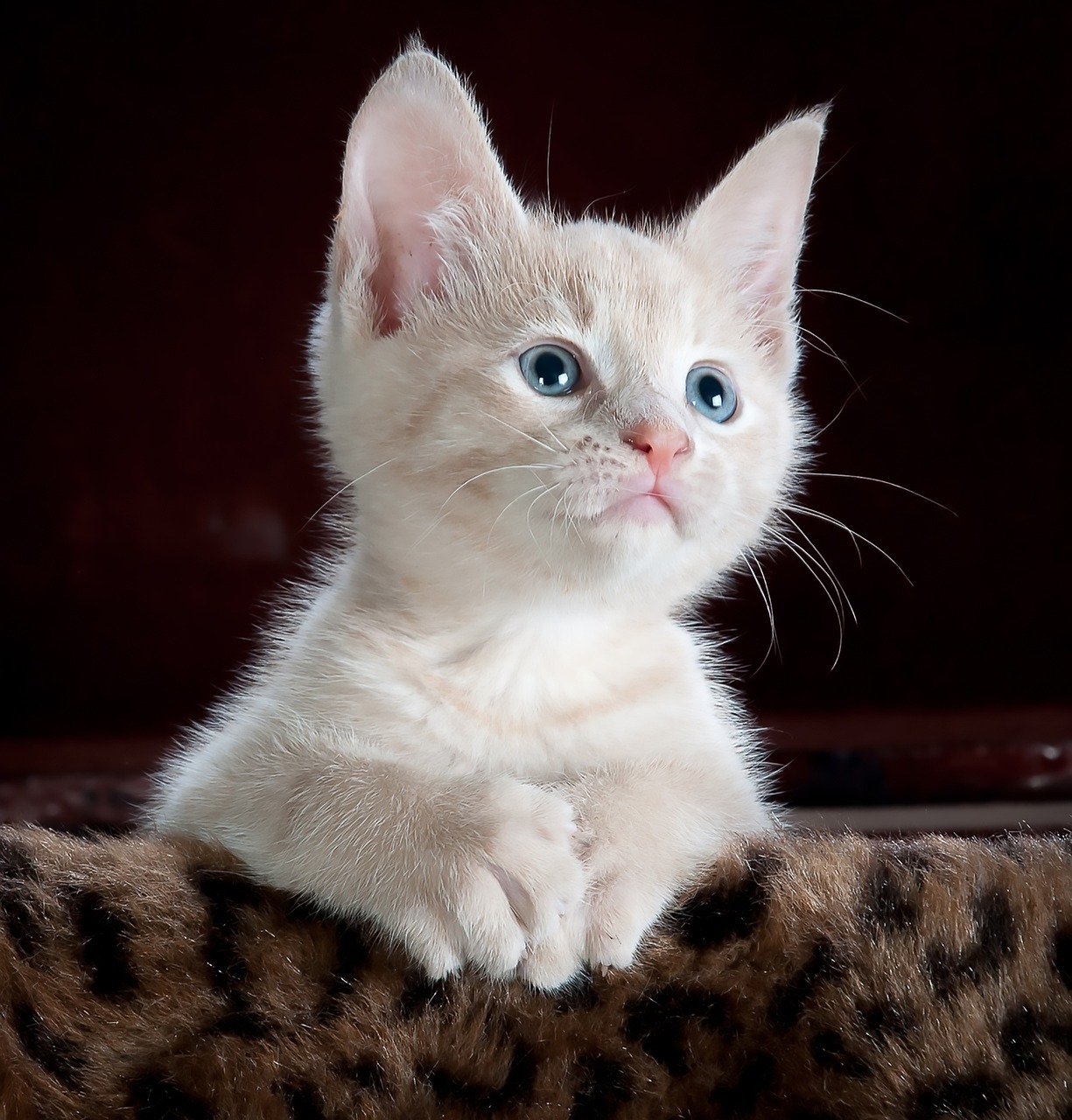
The position of a cat’s tail can indicate its emotional state. A tail held high often signifies confidence and happiness. This is similar to humans walking with their heads held high when they are feeling good. Observing tail movements can provide clues to your cat’s emotional well-being.
Eye Contact
Cats that make direct eye contact and slowly blink at you are showing trust and affection. This behavior is akin to a human smiling at someone they care about. Such eye contact is a sign of a strong bond and emotional fulfillment.
Energy Levels
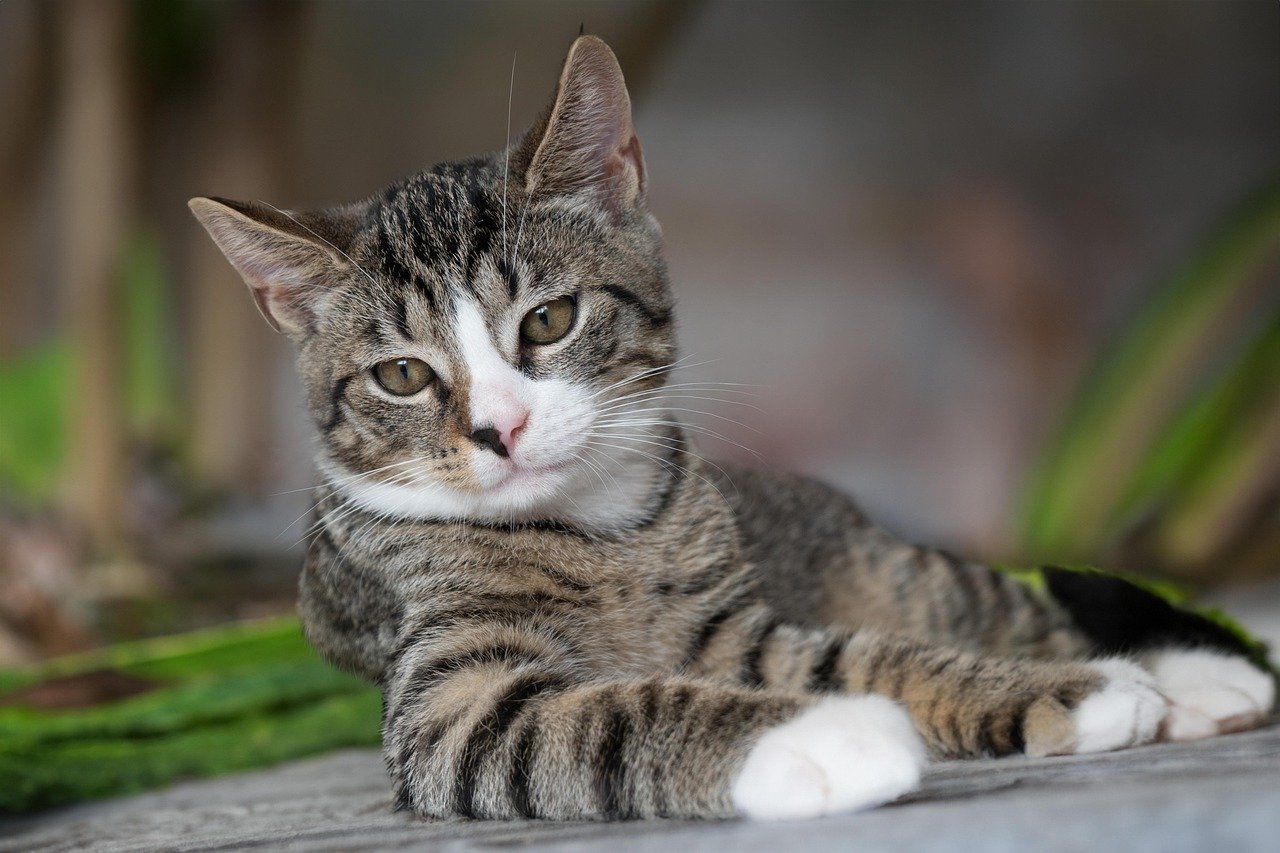
A cat with balanced energy levels is often emotionally fulfilled. A mix of active play and restful lounging indicates a content cat. Like humans who balance work and relaxation, cats need both stimulation and rest for emotional well-being.
Responding to Your Voice
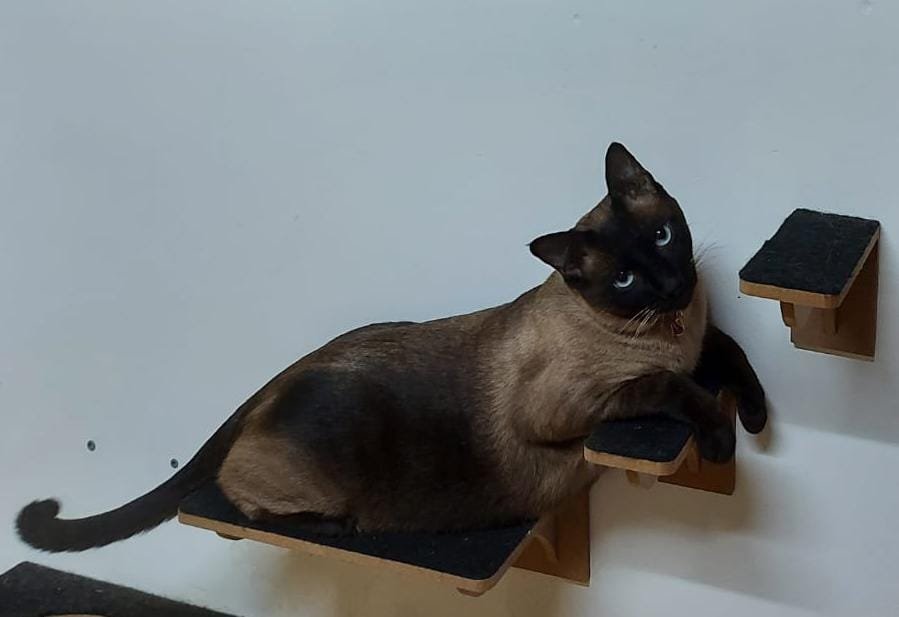
Cats that respond positively to your voice with soft meows or purrs are generally happy. This response indicates recognition and affection. It’s comparable to humans feeling joy when hearing a loved one’s voice.
Enjoyment of Alone Time
A cat that can enjoy its own company is often emotionally fulfilled. Cats are independent creatures, and their ability to entertain themselves is a sign of contentment. This is similar to humans taking pleasure in solitary activities like reading or meditating.
In conclusion, recognizing the signs of an emotionally fulfilled cat is key to fostering a loving and lasting bond. By paying attention to their behaviors and understanding their needs, you can ensure your feline friend leads a happy and satisfied life.
Hi, I’m Bola, a passionate writer and creative strategist with a knack for crafting compelling content that educates, inspires, and connects. Over the years, I’ve honed my skills across various writing fields, including content creation, copywriting, online course development, and video scriptwriting.
When I’m not at my desk, you’ll find me exploring new ideas, reading books, or brainstorming creative ways to solve challenges. I believe that words have the power to transform, and I’m here to help you leverage that power for success.
Thanks for stopping by, Keep coming to this website to checkout new articles form me. You’d always love it!




